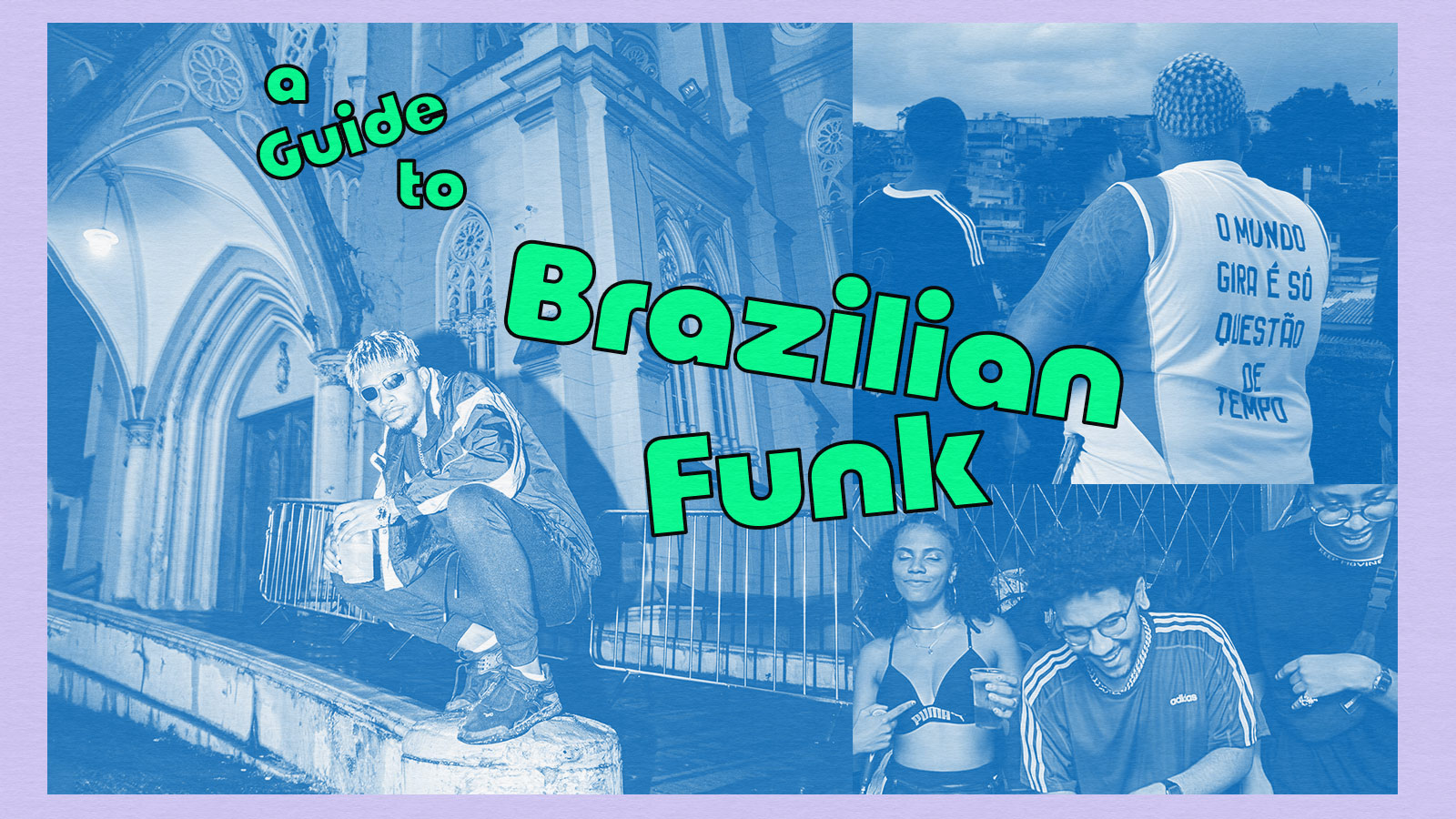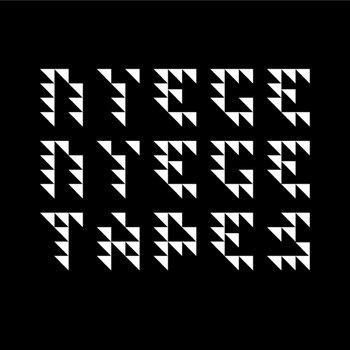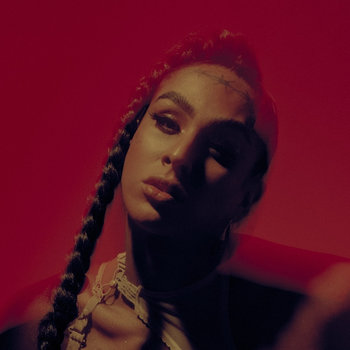The Endlessly Evolving World of Brazilian Funk (original) (raw)
LISTS The Endlessly Evolving World of Brazilian Funk By Filipe Costa · October 24, 2024 
The story of Brazilian funk is a troubled yet fascinating one. Emerging from the gritty heart of Rio de Janeiro’s favelas, the genre first found its pulse in the raucous baile funk parties that sprang up in the 1980s. These gatherings, orchestrated by pioneering DJs like Big Boy and Ademir Lemos and sound teams such as Furacão 2000, served as the genre’s crucible, a space where Miami bass, electro, hip hop, and freestyle collided with a distinctly Brazilian flair.
Over the decades, funk has blossomed into a sprawling network of subgenres and local variants, each reflecting the energy, defiance, and creativity of the communities from which they emerged. What began as a universal drum pattern has fractured into a dizzying display of sounds and scenes—from the high-octane funk carioca to the hard-hitting funk mandelão and its subversive offshoots like bruxaria and funk ousadia. Commercial powerhouses like Anitta and Pabllo Vittar have brought the genre to global prominence, while the raw, unapologetic energy of early trailblazers such as Tati Quebra Barraco and MC Carol has set the stage for a new generation of rule-breakers. Today, artists like d.silvestre and DJ Arana are taking those rebellious roots and cranking them up a notch, challenging conventions and reshaping the soundscape with audacious creativity.
Yet, funk’s allure is not without its controversies. To engage with this music is often to confront a phallocentric and frequently misogynistic narrative, where sexually explicit lyrics revolve around themes of power, conquest, and desire, often at the expense of female agency. Despite these tensions, a new generation of emcees and producers is challenging the status quo, actively reshaping the contours of funk in new and unprecedented ways.
It’s worth noting that funk operates largely outside the traditional album format, and many of its key architects remain absent from Bandcamp. Instead, there is a vast ecosystem of raw, unfiltered sounds waiting to be discovered on platforms like SoundCloud and YouTube—just don’t fall too far down the wormhole. For now, we’ve assembled a tight yet streamlined list of records that we hope will serve as a gateway into the ever-evolving, endlessly exhilarating world of Brazilian funk.
DJ Anderson do Paraíso Queridão
With a grainy black-and-white cover depicting a foreboding Gothic church, Queridão by DJ Anderson do Paraíso feels like funk’s answer to black metal: dark, atmospheric, and steeped in a brooding intensity. On his debut for Nyege Nyege Tapes, the Belo Horizonte producer conjures a soundscape that’s raw and metallic, brimming with serrated edges and industrial clatter, while serpentine arrangements slither and coil around the listener. The lyrics, meanwhile, are not just explicit—they’re profoundly unsettling, pushing funk’s hedonistic ethos into far darker territory. It is both terrifying and compelling, a blueprint for a new generation of fearless experimenters willing to plunge into the genre’s darker recesses. Really, there’s truly no one else doing it like them.
DJ K PANICO NO SUBMUNDO
DJ K isn’t just producing—he’s conjuring witchcraft. Or so he declares with his ever-present producer tag, a signature spell that weaves its way through every track he touches. With PANICO NO SUBMUNDO, a sprawling compilation assembled by Uganda’s underground powerhouse Nyege Nyege Tapes, the beat bruxaria wizard summons a manic cauldron of voices, cavernous reverb, and pummeling beats, forging a shrill sound world that felt like a portal to another dimension. He broadens this palette on his new studio album, O fim!, delving into even more unsettling territory with a sonic debauchery of frantic witchy laughs, boastful lyrics, and an unexpected remix of Marina Sena’s hit “Dano sarrada.”
Various Artrists funk.BR – São Paulo
São Paulo, the most populous city in Brazil, is home to the largest stock market in Latin America, vibrant street food markets, and a slew of major football clubs. It is also the birthplace of a distinctive strain of funk known as funk mandelão, named after Rio’s electrifying Baile do Mandela. NTS Radio, London’s renowned music tastemakers, delved into the sweat-drenched revelry of those legendary parties and assembled a 22-track compilation that captures the genre’s pulse—from the frenzied, tuin-infused beats of DJ K to DJ Arana’s sound-shattering frequencies. Proceed with caution: this is music as intense as it is stimulating.
DJ Ramon Sucesso Sexta dos Crias
A funk beat can contain multitudes. Just look at DJ Ramon Sucesso’s Sexta dos Crias, the debut album from Rio de Janeiro’s viral phenomenon. Named after his home-shot video series, it captures the frantic, camera-shaking energy of those clips, crystallizing Sucesso’s signature sound into a tapestry of jagged vocal loops, constant emcee rallying, and the low-end distorted bass that tunnels through with seismic force. The result, stretched across two long, seismic tracks, is a wild patchwork of post-modern funk—a maddening bricolage that recalls Chuquimamani Condori’s epic collages while pointing to something larger and more ambitious.
DJ RaMEMES Sem Limites
DJ RaMEMES, the self-proclaimed “destroyer of funk,” delivers a frenetic onslaught of 150 BPM funk tracks on his 2023 breakout album Sem Limites. Assembled with fellow carioca producer Renato Godoy, the album showcases the recent JPEGMAFIA collaborator’s knack for wonky, off-kilter experimentation. Chopping high-pitched vocal snippets into jagged percussive rhythms, Sem Limites layers blistering tempos with hard-edged production, transforming the playful chaos of funk’s harder variants into something distinctly his own. The result is a tight, hyper-charged fusion of chipmunked plunderphonics and saw-toothed drumbeats that straddles the line between playful absurdity and razor-sharp futurism—a madcap, humorous ride that never loses its edge.
cabezadenego, Leyblack & Mbé
Mimosa is a tour de force through funk’s wildest strains, helmed by a power trio of Brazil’s most daring experimentalists. This joint effort of multi-disciplinary artist cabezadenego and producers Mbé and Leyblack is a dense, labyrinthine soundscape where groove, noise, and avant-garde experimentation collide in surprising ways, guiding listeners on a heady trip through funk’s outermost reaches. It is a testament to the trio’s ability to twist familiar forms into new, unrecognizable shapes, turning Afro-Brazilian core signifiers inside out in playful and unexpected ways.
Crizin da Z.O. Acelero
QTV Selo has swiftly positioned itself as one of Brazil’s boldest musical forces, and Acelero is a testament to the Rio de Janeiro imprint’s penchant for cutting-edge idiosyncrasy. The third album from the Curitiba-based collective Crizin da Z.O. is an electrifying collision of blown-out industrial noise, abstract lyricism, and the many shades of Brazil’s diasporic sounds, including tamborzão, batucada, and disjointed Brazilian funk. Crizin blends these elements into a boisterous set of conscious club anthems that offer a peculiar spin on Brazil’s vibrant musical heritage—and wreak funk havoc.
FBC & VHOOR Baile
Brazilian funk is getting murkier and darker, but BAILE still manages to inject some levity and fun into the mix. Powered by the rhythmic fuel of producer VHOOR, rapper FBC channels street-level bravado through an irresistible brand of groove-heavy funk that pulls equally from Afro-Latin traditions and the bass-laden influence of Miami bass. Expect globetrotting electro, prominent, funky basslines, and high-octane bars that merge gritty urgency with moments of pure, unbridled release, inviting both body and soul to move freely on the dancefloor.
Linn da Quebrada Pajubá
Linn da Quebrada might be most familiar from her stint on the 2022 edition of Brazil’s Big Brother, where she became a lightning rod for conversation with her fierce charisma and unflinching presence. Yet long before reality TV brought her into the national spotlight, the singer, songwriter, and social activist was penning a subversive and politically charged brand of funk, laying the groundwork for the genre’s future while connecting it to its roots. Her music—like that found on the 2017 album _Pajubá—_enchants and challenges in equal measure. According to Brazilian historian José Beniste, speaking in pajubá—a word that means “mystery” or “secret” in the Yoruba language—is often used as a way to communicate in coded language, a form of expression designed to elude understanding by outsiders. It’s a fitting metaphor for Quebrada’s body of work, where queer jargon and vivid vignettes of social injustice and LGBTQ+ liberation are seamlessly woven into anthems of resistance and empowerment.





